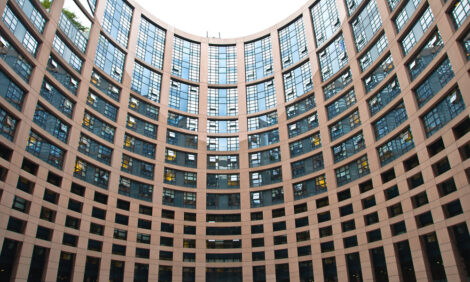



Brazil agrees to open trade for US pork
Trade talks between the US and Brazil have resulted in an agreement on science-based conditions to allow for the importation of US pork.On his visit with US President Trump, Brazilian President Jair Bolsonaro announced that the ban on US pork would be lifted upon conditions set during the meeting. This positive result is welcomed by US producers – it was argued by the National Pork Producers Council (NPPC) that Brazil was using "unscientific mitigation requirements and other sanitary issues" to put a halt on US pork in the Brazilian market.
Trichinae, illness caused by the consumption of raw or undercooked pork infected with the endoparasite Trichinella spiralis, is the source of concern for Brazil's authorities. Though cases of trichinae have all but ceased in US pork production, Brazil currently only imports pork and pork products that have been tested and shown to be free of the parasite. US authorities have worked closely to mitigate inefficient and costly trichinae control practices: the NPPC, the National Pork Board and the USDA Animal and Plant Health Inspection Service (APHIS) have collaborated to change OIE standards on these practices.
Now, more scientific methods will be undertaken to determine the safety of pork and pork products entering Brazil from the US.
In a statement released by both Trump and Bolsonaro, it was also announced that a tariff rate quota would be implemented, allowing annual import of 750,000 tonnes of tariff-free American wheat into Brazil. Efforts will also be made to audit Brazil's beef inspection system with the aim of resuming Brazilian beef exports to the US.
The two leaders have committed to building a new partnership between the US and Brazil, one that may benefit the lives of many pork producers.








